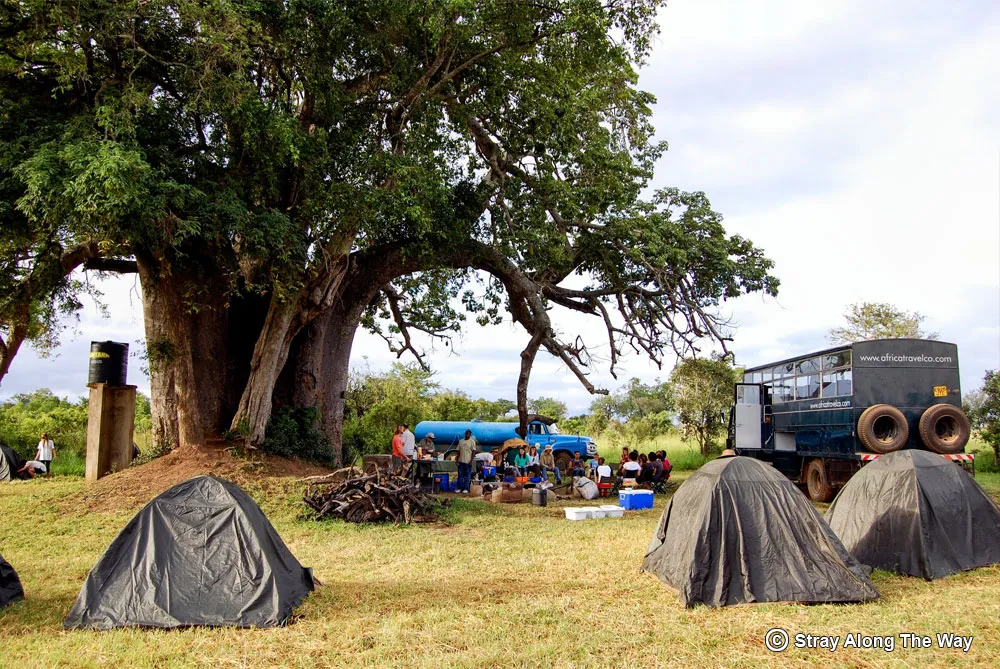Camping in the wilderness can be a rewarding and exhilarating experience, offering an unparalleled connection to nature.
However, it also comes with unique challenges, especially when it involves sharing the environment with wildlife.
Respecting the habitats and behaviors of animals is crucial for ensuring both your safety and the well-being of the creatures you encounter.
1. Never Leave Food Unattended
Leaving food unattended in the wild is a sure way to attract unwanted visitors to your campsite. Animals, particularly those in popular camping areas, are often adept at seeking out human food sources.
To prevent this, store all food in airtight containers and use lockable coolers or dedicated food storage boxes.
These measures not only help to keep your provisions safe but also reduce the likelihood of an animal encounter. If food is left out, animals like raccoons, bears, and even smaller critters can become a safety hazard, either by becoming aggressive or by spreading diseases.
Feeding wildlife can disrupt their natural foraging behaviors and diet, leading to longer-term ecological imbalances.
2. Do Not Feed Wildlife

Feeding wildlife might seem like a harmless or even kind gesture, but it can have serious repercussions.
When animals get accustomed to receiving food from humans, they lose their natural fear of us, which can lead to dangerous interactions.
For instance, monkeys and raccoons can become particularly problematic, approaching campsites and people more aggressively.
Feeding wildlife disrupts their natural behaviors and can have lasting negative effects on the ecosystem.
Animals that rely on human food may neglect their traditional food sources, affecting their health and altering local food chains.
To maintain the balance of nature and ensure your safety, it is essential never to feed the animals you encounter while camping.
3. Avoid Provoking Wild Animals
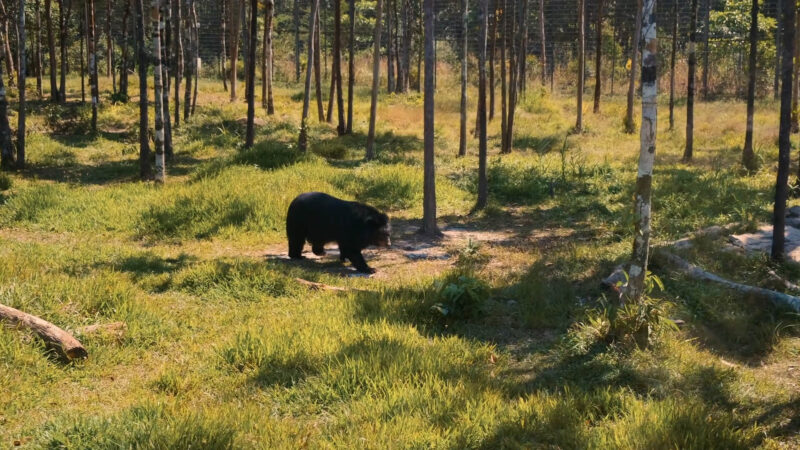
Encountering wildlife can be a thrilling part of camping, but it’s vital to remain calm and composed.
Provoking wild animals, intentionally or unintentionally, can lead to dangerous situations. If you come across an animal, give it plenty of space and avoid sudden movements.
Use gentle, non-threatening methods to encourage it to leave the area, such as making noise or slowly waving your arms.
Never try to chase or corner an animal, as this can provoke an attack. Always keep a safe distance and respect the animal’s space to ensure a safe and peaceful coexistence.
4. Keep a Clean Campsite
Maintaining a clean campsite is essential for keeping wildlife at bay. Regularly dispose of garbage and food scraps in designated bins or take them with you when you leave.
Ensure that all scented items, such as deodorants and perfumes, are securely stored, as these can attract animals.
A good practice is to conduct daily inventory checks to make sure no food or waste is left out. By keeping your campsite clean, you not only reduce the risk of animal encounters but also help preserve the natural environment.
Cleanliness prevents animals from associating human campsites with easy food sources, thus promoting healthier wildlife behavior and contributing to a more enjoyable camping experience for everyone.
5. Stay Out in the Open
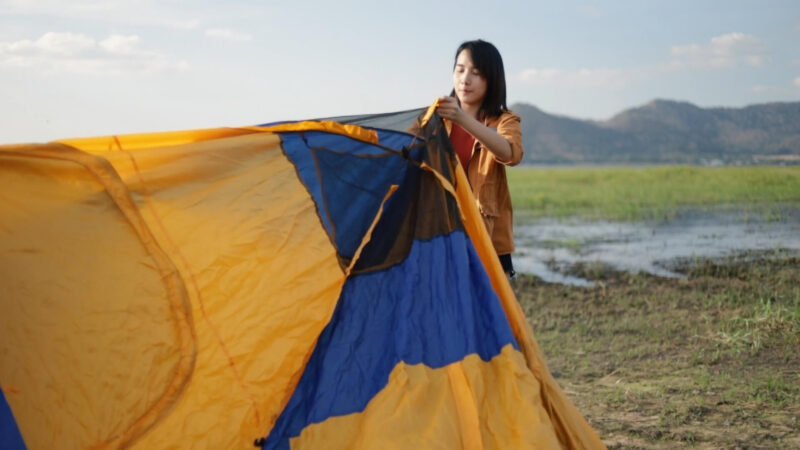
Choosing the right location for your campsite can significantly affect your safety and comfort.
It’s best to set up camp in open, flat areas where you have clear visibility and can easily spot approaching animals.
Avoid areas near water sources, heavy foliage, or animal paths, as these are common routes for wildlife.
Cooking and storing food away from your sleeping area is another important safety measure.
Open areas not only offer better visibility but also allow for a more pleasant camping experience with fewer insect issues and a lower risk of animal encounters.
6. Secure Your Tent Properly
Ensuring that your tent is properly secured is a critical aspect of wildlife camping safety.
Always keep your tent zipped up, especially at night, to prevent animals from entering.
Avoid leaving the tent open or unattended during the day as well. For added security, consider using cable ties to lock the zippers.
Keeping the interior of your tent free from food and scented items will also reduce the likelihood of attracting animals.
A properly secured tent provides a haven from the elements and wildlife, ensuring a restful night’s sleep and a safer camping experience.
7. Avoid Nighttime Wandering
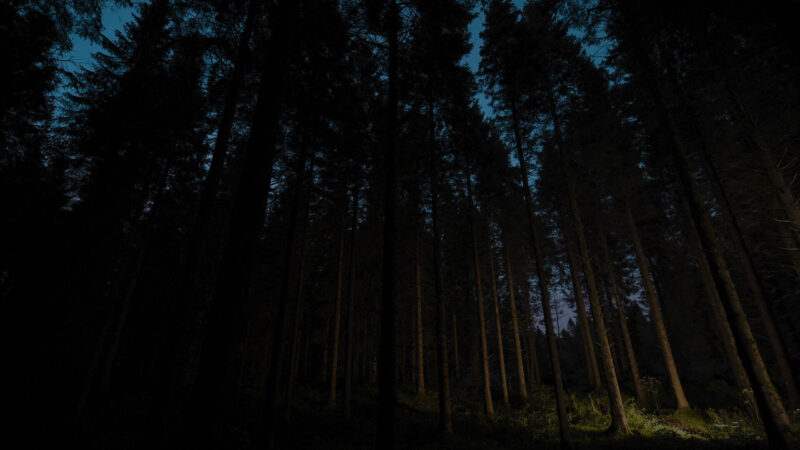
Nighttime is when many wild animals are most active, making it particularly risky to wander away from your campsite after dark.
Staying inside your tent during the night is the best way to avoid encounters with nocturnal animals, such as predators or large herbivores like hippos.
If you must leave your tent, use a flashlight to make your presence known and avoid startling any nearby animals.
Ensuring that your tent is well-secured and keeping essential items close at hand can help you feel more secure.
8. Don’t Use Bug Poisons in Campsite
While it might be tempting to use bug sprays and poisons to keep insects at bay, these chemicals can have a detrimental impact on the local ecosystem.
They can harm non-target species, such as birds and small mammals, and disrupt the natural balance.
Instead, opt for safer alternatives like citronella oil, natural remedies, or physical barriers such as mosquito nets.
9. Supervise Young Children
Camping with young children requires extra vigilance, especially in areas populated by wildlife.
Children are naturally curious and may unknowingly put themselves at risk.
Always keep children within sight and ensure they understand the importance of not approaching or feeding animals.
Educate them on the potential dangers of wildlife and the proper behavior if they encounter an animal. Specific threats can vary depending on the region, from venomous snakes to large predators.
10. Avoid Camping in High-Traffic Animal Areas
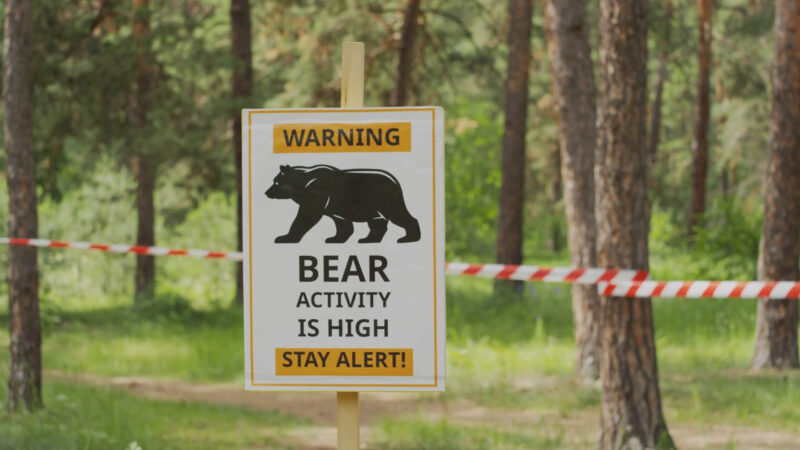
Setting up camp in areas frequently used by animals can increase the likelihood of dangerous encounters.
Identify and avoid:
- Animal paths
- Watering holes
- High-traffic zones
These areas are vital for wildlife and intruding on them can lead to conflicts.
Researching the local wildlife and their habits before your trip can help you choose a safer campsite.
Look for signs of animal activity, such as tracks or droppings, and steer clear of those areas.
In Conclusion
Camping with wildlife requires a balance of enjoyment and respect.
Remember to respect nature and the creatures that inhabit it, allowing both you and the wildlife to thrive.

